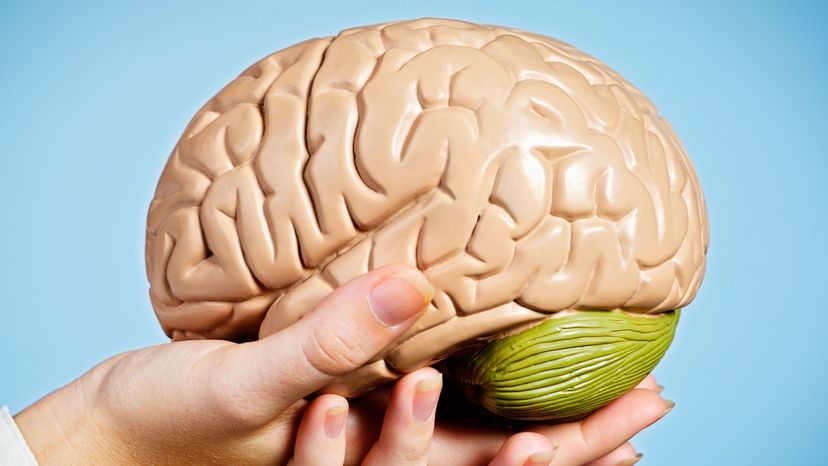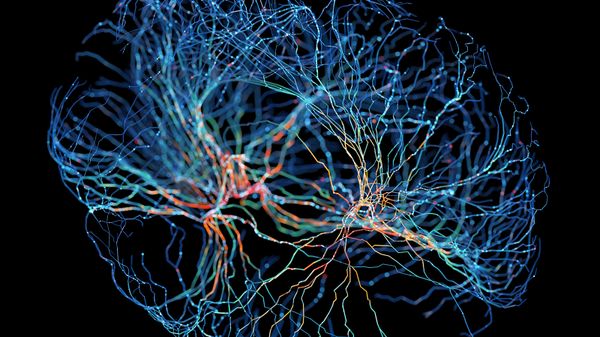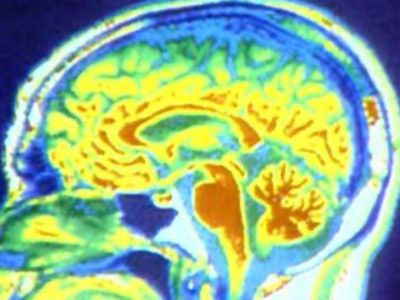
You don't have to be sitting on a mountain of cash when you die to leave a little something for your loved ones and the rest of humanity. Researchers are looking for a few — er, many — good men and women to donate their brains to science. These gifts are key to research that may change the way a wide range of ailments, including Alzheimer's disease and dementia, are treated. Of course, the idea of having your organs picked over by strangers when the sun sets on your time here among the living is enough to give some of us the willies. Here are a few things you should know.
Advertisement


